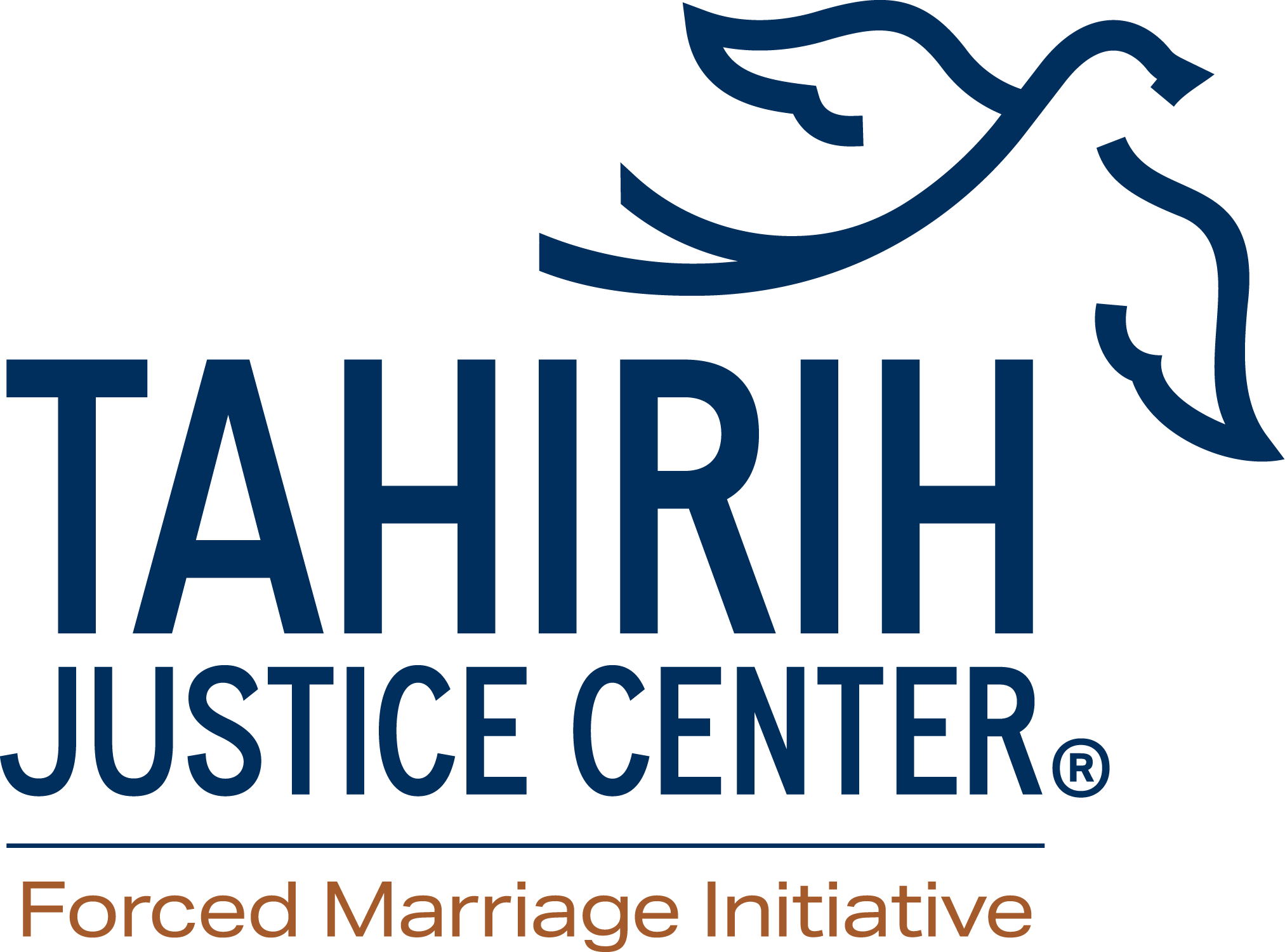Tag : Forced Marriage
Forced Marriage in the United States Part 1: An Introduction to Forced Marriage in the U.S.
With funding from the Office on Violence Against Women, Tahirih presents a webinar series on forced marriage in the United States. This is a recording from Part 1 of that series.
This webinar provides participates with foundational knowledge of forced marriage as a form of gender-based violence and the abusive tactics often utilized to force an individual to comply with marriage demands.
10 States Later: Ending Child Marriage in the United States
Michigan recently became the 10th state to ban child marriage, a milestone victory! In this webinar, Casey Swegman, Director of Public Policy, and Alex Goyette, Public Policy Manager, discuss this significant milestone and Tahirih’s vision for ending child marriage in the next 40 states.
Global Estimates of Modern Slavery: Forced Labour and Forced Marriage
Authors: International Labour Organization, Walk Free, and International Organization for Migration
Published: September, 2022
International organizations estimate that 50 million people were living in a form of modern slavery in 2021, including an estimated 22 million living in a forced marriage. These numbers are millions higher than the previous estimates done in 2017, a result of compounding global crises including the COVID-19 pandemic. Forced marriage impacts men and women in every region and country of the world. The authors recommend a comprehensive suite of policies to end forced marriage globally. Read more.
Panel Event: A New Vision for Addressing Forced Marriage in the United States
A panel of national experts discussed how the United States National Action Plan to End Gender-Based Violence addresses forced and child marriage. Panelists include:
- Alena Victor, Chief Program Officer, Womankind
- Grace Huang, Directory of Policy, API-GBV
- Shenna Morris, Director of Policy, NRCDV
- Dr. Nusrat Ameen, Senior Director, Daya
- Casey Swegman, Director of Public Policy, Tahirih Justice Center
Read the full Framework for Addressing Forced and Child Marriage in the U.S. National Action to End Gender Based Violence here.
Framework for Addressing Forced and Child Marriage in the U.S. National Action Plan to End Gender Based Violence
Authors: Forced Marriage Working Group
Publication: October, 2021
This Framework is the result of months of collaboration and consultation with our partners in the National Forced Marriage Working Group, and is the first document of its kind charting a comprehensive path forward on the issue of forced and child marriage in the U.S. The Framework calls for an intersectional approach to supporting survivors rooted in anti-oppression and anti-racism, increased awareness among service providers, advocates, and policy makers as well as a coordinated whole of government response, dedicated funding streams to enhance programs and services, and support for research and policy change at the state and federal level. Read more.


